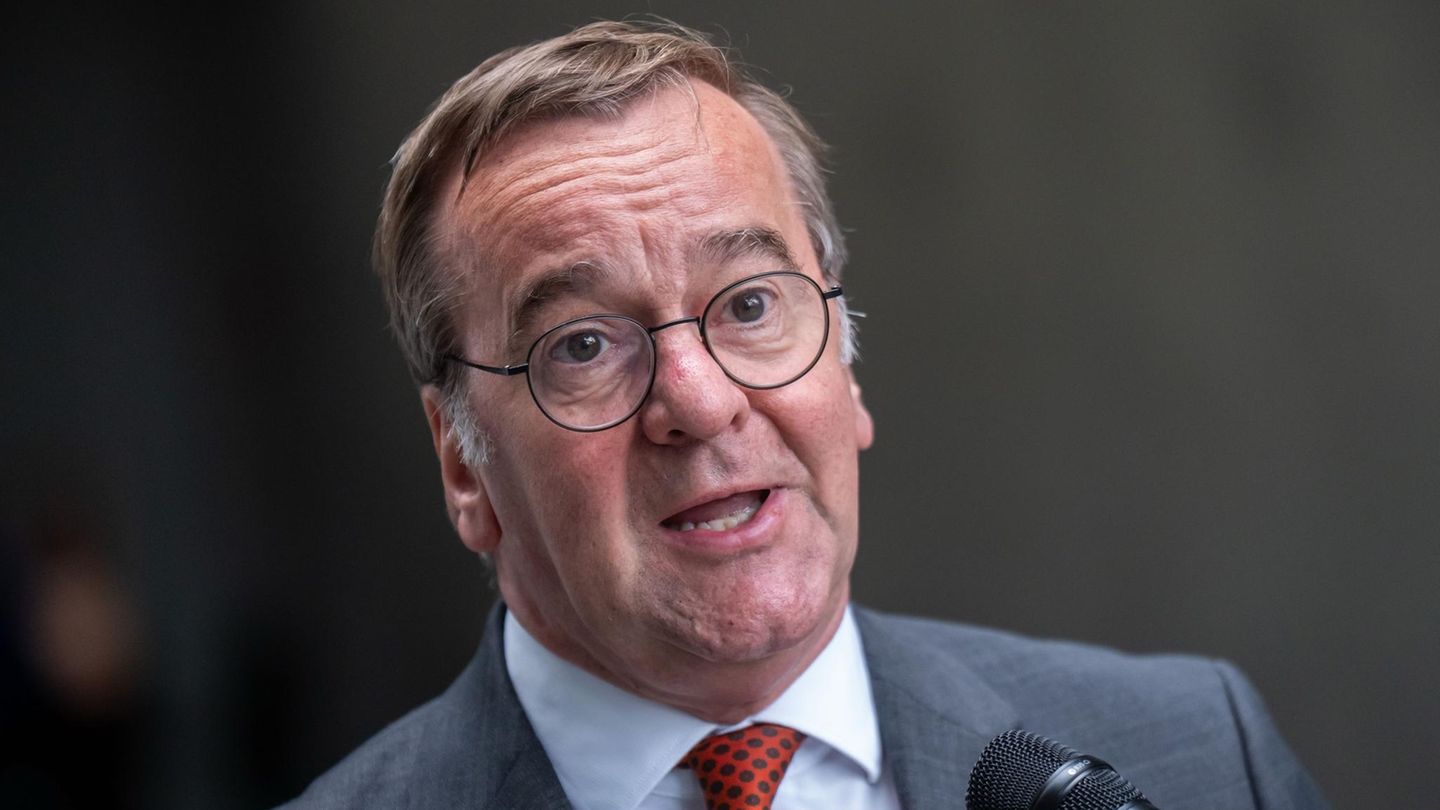The Government gave a first step in regulating the operation of cryptocurrencies or cryptoassets after the recent approval of the reform of the Money Laundering Prevention Law. This Monday, the National Securities Commission (CNV) made official the opening of a registry of virtual asset service providers (PSAV) to comply with the most urgent recommendations of the Financial Action Task Force (FATF), which this Tuesday concludes a mission in the country. However, it will leave for a second stage the definition of the regulatory details of a more complete regulatory framework for the activity.
Ecosystem regulation crypto It is a key issue on the international financial agenda. At the local levelthe urgency of the new management to move forward on this point had to do with the visit of the FATF to Buenos Aires within the framework of the fourth assessment of the organization to Argentina regarding the operation of the national system against money laundering, the financing of terrorism and the proliferation of weapons of mass destruction.
FATF developed a series of recommendations that, according to officials, if not met could drag the country to the “gray list.” This category positions the countries that make it up as more risky and associated with a lack of transparency, and can lead to obstacles for companies’ financial ties abroad and make it difficult to return to international debt markets, something that the current Government has as a primary objective.
For this reason, behind closed doors the economic team celebrated that on March 14 the Senate unanimously approved the reform of the Law on the Prevention of Money Laundering and Financing of Terrorism which, among other points, created the PSAV Registry that was in charge of the CNV. The capital market regulatory body, led by Roberto Silva, finished regulating it against the clock: the objective was for it to be in force before the mission ends to comply with one of the FATF recommendations. Only in October will the organization process the Mutual Evaluation Report, which will contain the country’s results.
Cryptocurrencies: What is the supplier registration like?
Through General Resolution No. 994, published this Monday in the Official Gazette, the CNV opened registration for natural and legal persons acting as Cryptoasset exchange. The regulations establish a 45 day period to meet this requirement. “Those who are not registered will not be able to operate in the country,” said Silva.
At the moment, it did not establish a specific sanction system for those who fail to comply with this measure, although official sources told Ámbito that the penalties established by the regulations for the capital market in general could be applied (and eventually summaries could be opened for PSAVs). that do not fit). The sources also indicated that oiling the oversight mechanisms will take some time because it involves creating teams from scratch and, perhaps, creating a specific department dedicated to crypto regulation.
All legal and natural persons who exchange between virtual assets and legal tender currencies, exchange between different virtual assets, transfer of virtual assets, custody or administration of virtual assets or instruments that enable their control or participation and provision must be registered in the registry. of financial services linked to operations with virtual assets. Specifically, the main ones involved are the digital wallets that provide cryptos since, for example, banks They are prohibited from operating with cryptocurrencies for the moment (something that could be modified soon).
The measure includes suppliers residing in the country and those located abroad as long as they operate locally. Those who use any “.ar” internet domain are included in this last group; those who operate through commercial agreements with third parties, subsidiaries or affiliates that facilitate the local receipt of funds from Argentine residents; those whose activity is clearly aimed at residents in Argentina; those who carry out advertising clearly directed at Argentine residents; and those who have at least 20% of their total business volume in Argentina.
cryptocurrencies-bitcoin.jpg
Depositphotos
Once registered, suppliers must indicate on their website and their dissemination materials a legend with the registration number and a legend indicating that such registration is given for the purposes of control as an obligated subject before the Financial Information Unit (UIF). ) and does not imply a license or supervision by the CNV, since the latter will be reserved for the second stage of the regulation, according to official sources confided to Ámbito.
Likewise, it was established that there remain excepted of the obligation to register suppliers with monthly operations of virtual assets lower at 35,000 UVA, which is equivalent to around $27 million or close of US$32,000.
The Government and the market assure that the measure will not have an impact on users and that, if the Exchange already complied with the request for basic information from its clients to prevent money laundering operations, it should not imply a significant change either. For now, will remain under the orbit of the subjects obliged to the UIF, which also advanced this Monday in the regulation of points linked to the monitoring of cryptoasset providers of the reform of the Law on Prevention of Laundering. In official offices, they assure that the agents of the crypto universe are inclined to have a regulation that frames them.
Crypto regulation: the second stage
FATF Recommendation No. 15 states that, to mitigate risks arising from virtual assets, countries should ensure that PSAVs “are licensed or registered and subject to effective monitoring systems.” Official sources told this medium that, with this Monday’s general resolution, this recommendation would be fulfilled since in the conversations with the agency’s envoys it was expressly said that in this first stage a mere registration that allows the suppliers to be identified was sufficient. of crypto assets.
This Tuesday, the CNV will hold a meeting with the Argentine Fintech Chamber with the aim of advancing the registration process and beginning to discuss future regulations that will be part of the second stage.
The Government assures that there are still no specific deadlines set for the CNV to advance the more exhaustive regulation of wallets that operate with cryptocurrencies. However, Ámbito knew that On the horizon is the idea of moving from the current registration to a licensing system which would regulate issues such as a minimum equity for suppliers and the separation of accounts to try to protect clients’ assets in the event of eventual bankruptcies of the Exchanges (a point on which there are negative experiences worldwide), among other points.
Officials assure that there will be public consultations and dialogue with the market for the development of future regulations. “We don’t want to make a Frankenstein nor do we want to kill the industry,” they say.
Despite being considered a risk asset, cryptocurrency operations have been growing strongly in Argentina. One of the reasons is that investors and savers used the so-called stablecoins (which are presented as backed by the US dollar) as a hedging instrument and a way to dollarize.
Source: Ambito
I am a 24-year-old writer and journalist who has been working in the news industry for the past two years. I write primarily about market news, so if you’re looking for insights into what’s going on in the stock market or economic indicators, you’ve come to the right place. I also dabble in writing articles on lifestyle trends and pop culture news.




